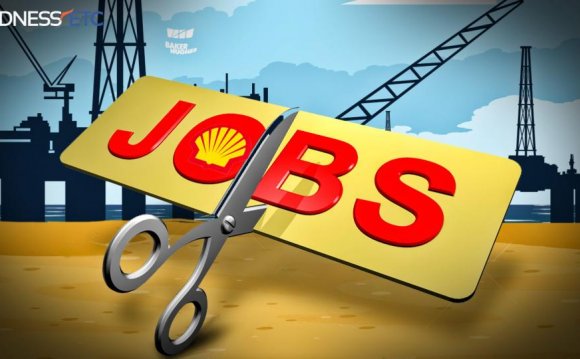
 Ships in a harbour in Aberdeen, where much of the British oil industry is based. BP says it remains committed to its North Sea operations despite the job losses. Photograph: Murdo MacLeod for the Guardian
Ships in a harbour in Aberdeen, where much of the British oil industry is based. BP says it remains committed to its North Sea operations despite the job losses. Photograph: Murdo MacLeod for the Guardian
The British oil and gas group is laying off 600 people in Scotland in a cost-cutting drive that will involve 4, 000 employees axed worldwide. The redundancies are taking place against the backdrop of a slumping oil price, which has hit industry profits and forced producers to shelve projects around the world worth hundreds of billions of dollars.
The North Sea cuts will affect oil rig workers as well as office-based staff and agency workers on long-term contracts, but there are no plans to close any oil rigs, BP said.
Scotland’s first minister, Nicola Sturgeon, said: “This is a very difficult time indeed for people working in the North Sea.” She said the Scottish government’s North Sea jobs taskforce, established a year ago after the first wave of industry cuts, would offer support to the workers affected.
Unite’s regional officer, John Boland, said: “It is deeply worrying that we are now seeing a super-major making deep cuts to its workforce across the UK. We need an emergency convention of all the industry stakeholders – government, employers and trade unions – to tackle this crisis so we have a safe and sustainable industry for the next generation.”
Morgan Stanley, one of Wall Street’s leading investment banks, predicts oil prices could tumble to $20 a barrel in coming months, while economists at Royal Bank of Scotland warned on Tuesday that oil could slump to $16 a barrel.
Sturgeon admitted that oil prices – now at a third of the $100 a barrel price forecast by her government in the Scottish independence referendum – could yet fall further. However, she refused to say that the sector was in crisis, noting that BP and Oil & Gas UK, the industry body, had both stressed North Sea oil had a bright future and were planning continued investment.
However, Sturgeon conceded that while lower oil prices helped consumers and the wider economy through cheaper fuel costs, the job losses and cuts in oil industry spending were having a direct, negative impact on economic output.
“It is undoubtedly the case that there will be a wider impact, ” she said. “We will look carefully at unemployment figures and at GDP figures. [Again] while I’m not trying to underplay the significance of the North Sea, a lower oil price has other impacts on the wider economy in terms of lower fuel costs.”
BP’s cutbacks form part of a major reduction in the energy giant’s global “upstream” workforce – those who work in oil exploration and production – from 24, 000 to less than 20, 000 by December 2017. Its job reductions came a day after oil and gas services firm Petrofac warnedit would cut up to 160 jobs in the UK as part of business restructuring.
BP said it remained committed to the North Sea, and is investing $4bn in North Sea oil and gas, including the new Clair Ridge project and the redevelopment of the Schiehallion and Loyal fields, west of the Shetland Islands.
Mark Thomas, regional president for BP North Sea, told a public meeting in Aberdeen: “This will sustain many hundreds of jobs both in BP North Sea and our supply chain going forward. However, in toughening market conditions and given the well-documented challenges of operating in this maturing region, we need to take specific steps to ensure our business remains competitive and robust.
“An inevitable outcome of this will be an impact on headcount and we expect a reduction of around 600 staff and agency contractor roles by the end of 2017, with the majority of these taking place this year.”
BP now employs 80, 000 people worldwide. Following a separate announcement of 4, 000 job losses across all its operations last year, the latest cutbacks mean it is reducing its workforce by 10% over three years.
RELATED VIDEO












